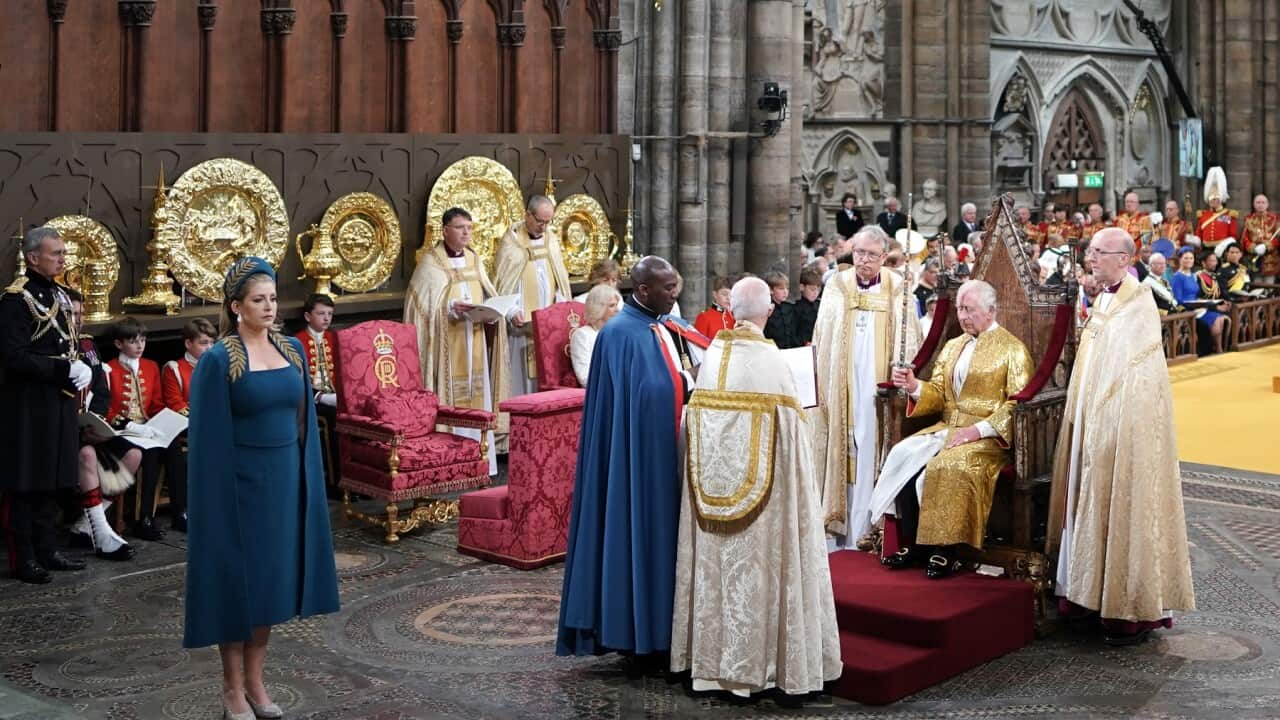General practitioners see all patients on a wide range of health issues from mental to chronic illnesses as well as for regular health checks.
Seeing a doctor requires booking an appointment in advance, although in urgent but non-life-threatening situations, a GP can usually see a patient immediately.
However, not all general medical services are covered by Medicare.
Essentially any normal presentation to a general practitioner is covered by Medicares rebates. Sometimes, some services are not, services which do not fall within a health service definition, so a lot of preventative screening and a lot of other cosmetic procedures, for example, do not fall under the coverage of Medicare rebate schedule, Melbourne-based GP and Vice President of the Australian Medical Association (AMA) Dr Tony Bartone explains.
Some doctors accept Medicare benefit as full payment for a service.
The GP also refers the patient to specialists for further treatment.
AMAs Dr Bartone says most clinics have their own after-hours arrangements if patients need to access their doctor outside of normal business hours.
There are after hours locum services that sometimes are contracted by clinics. So these are larger services, which cover many many practices over night or after hours, on weekends or public holidays, he said.
After-hours patients can also ring the free 24-hour national Healthdirect line for general medical advice.
In a medical emergency, patients in most states except Queensland and Tasmania need to pay for the ambulance service if they are not covered by private health insurance.
Medicare provides free care for a public patient in a public hospital.
It also covers 75 per cent of the Medicare schedule fee for services at a private hospital, except hospital accommodation and items such medicine or theatre fees.
Free Translating and Interpreting Service over the phone or on-site are also available for people requiring language assistance.





